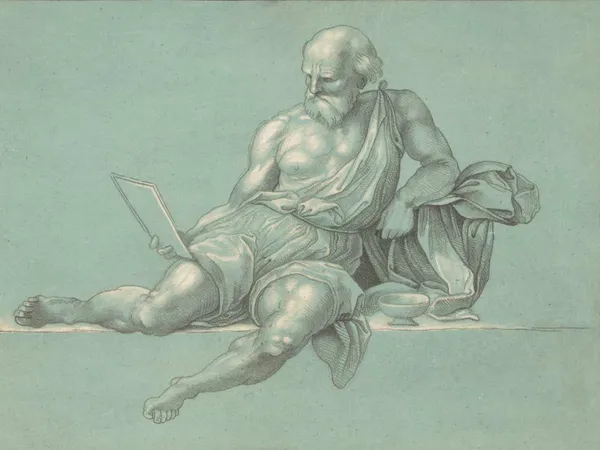
A tour through the Social Novel, Victorian(-ish) literature, and Weimar Autumn.

A tour through the Social Novel, Victorian(-ish) literature, and Weimar Autumn.
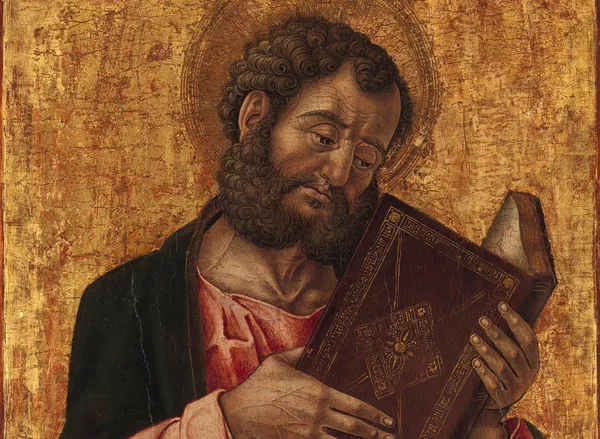
This year I devoted almost as much time to building a custom reading tracker app as I did to reading, but I’m still pleased with the quantity and quality of what I read.
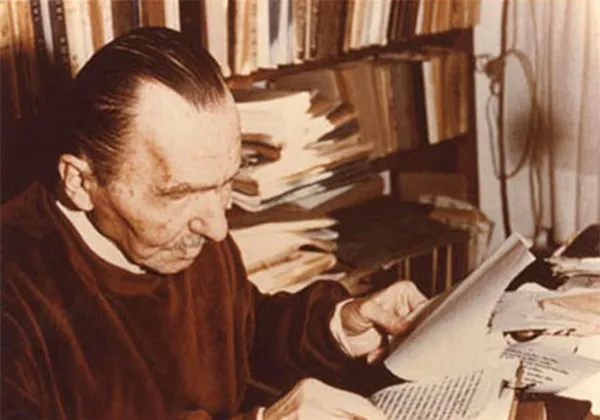
Nikos Kazantzakis’ towering literary output reflects a lifelong effort to articulate both spiritual and political radicalisms, for which the figure of Christ is often the embodiment.
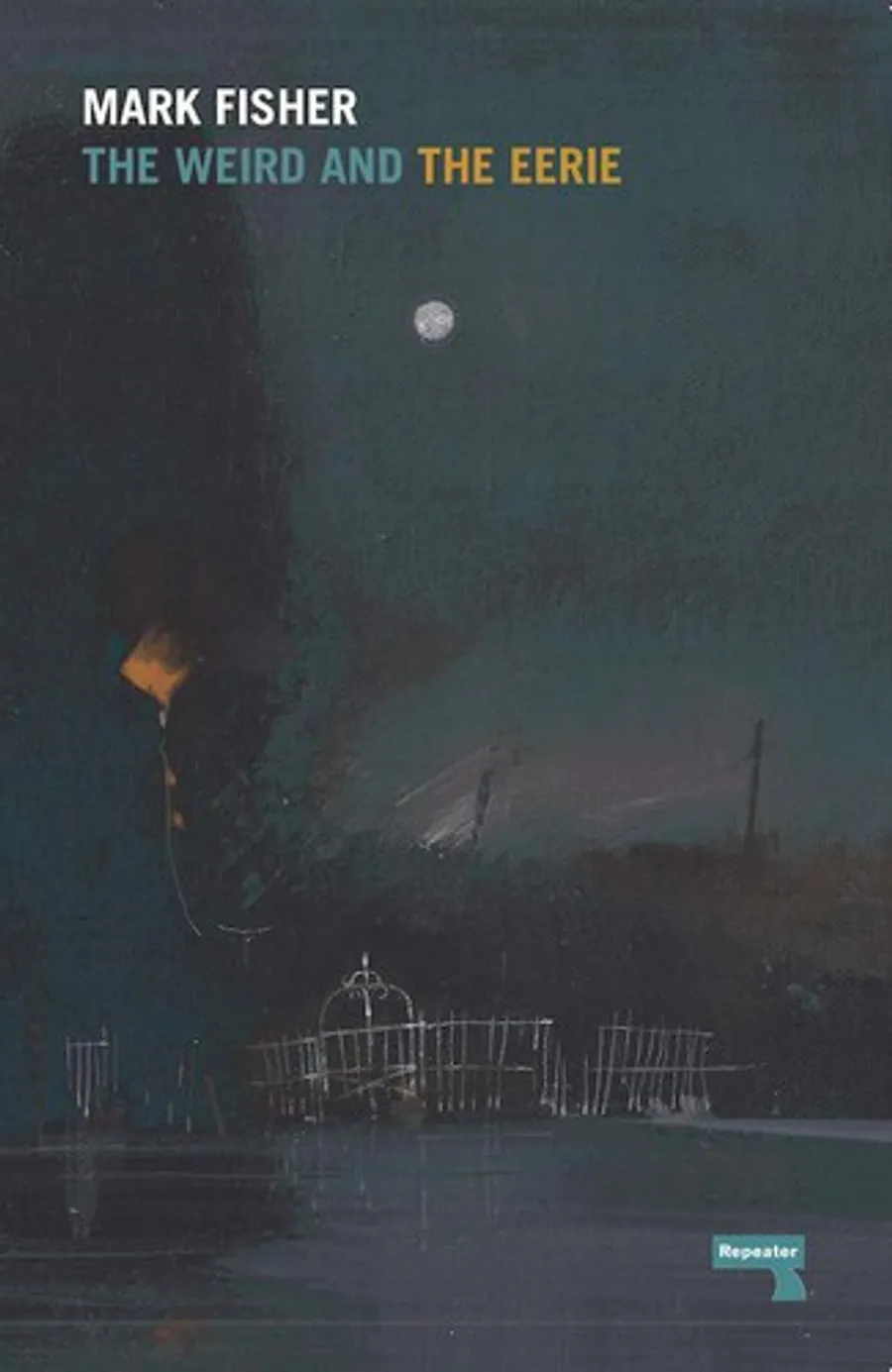
My review of The Weird and the Eerie by Mark Fisher.
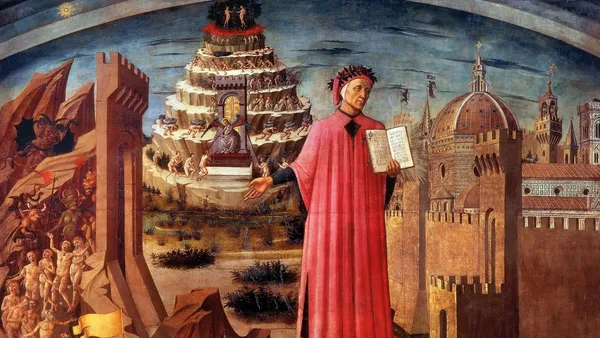
My entirely not-of-the-moment, provisional list of favorite reads from 2022, the books that most shaped my thinking this year.
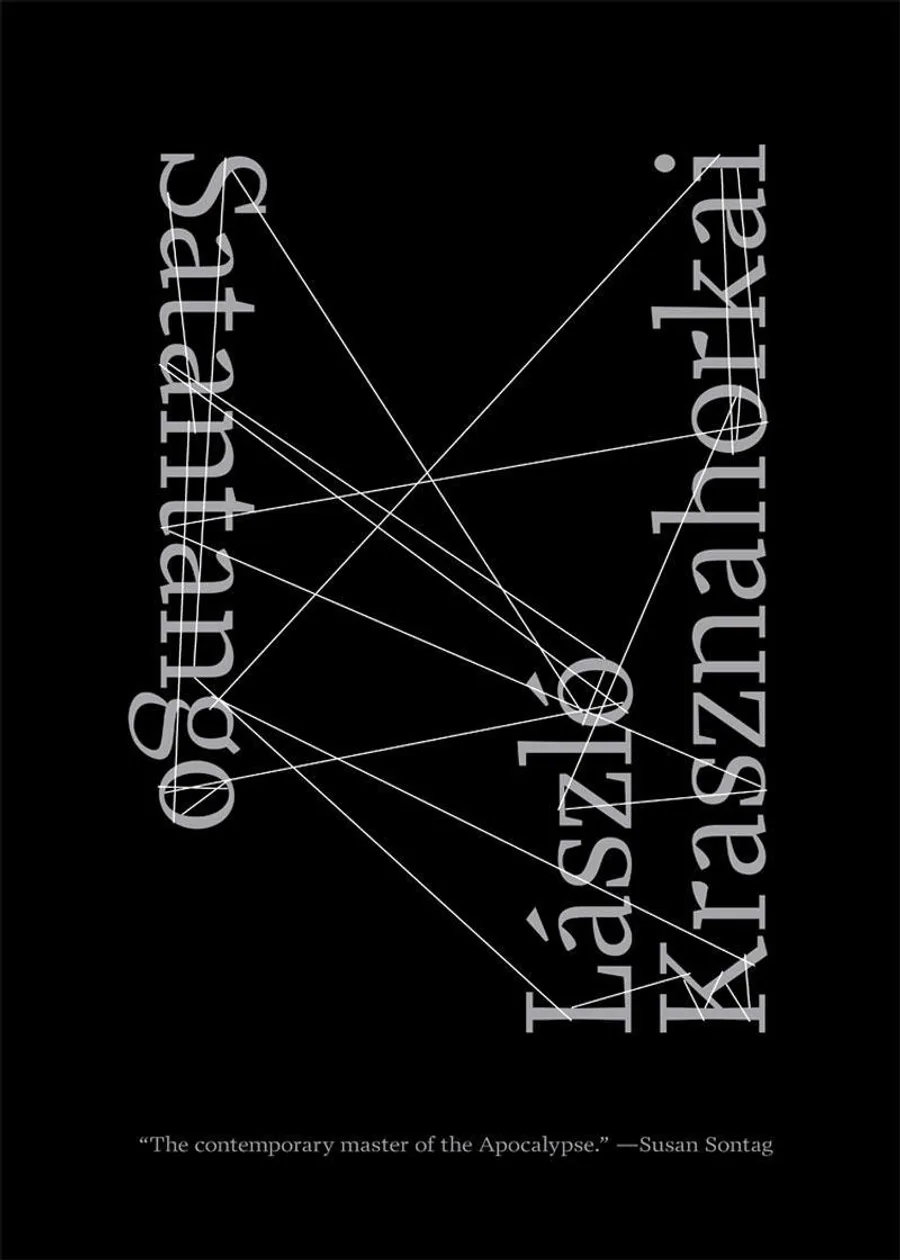
My review of Satantango by László Krasznahorkai.
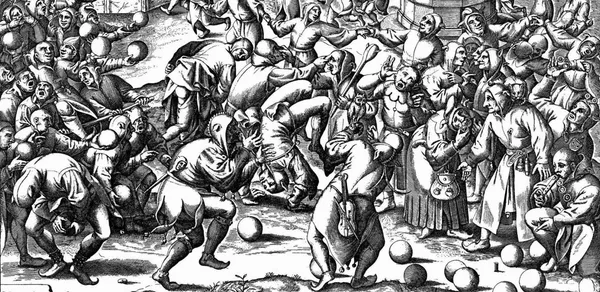
In Rabelais and His World, the Russian critic Mikhail Bakhtin argues that Rabelais is the culminating literary expression of the carnival or grotesque idiom of folk humor, an idiom which had developed for over a thousand years (starting with the Roman Saturnalia) as an “unofficial” or subversive culture in the West, complete with its own rites, rules, and symbols.